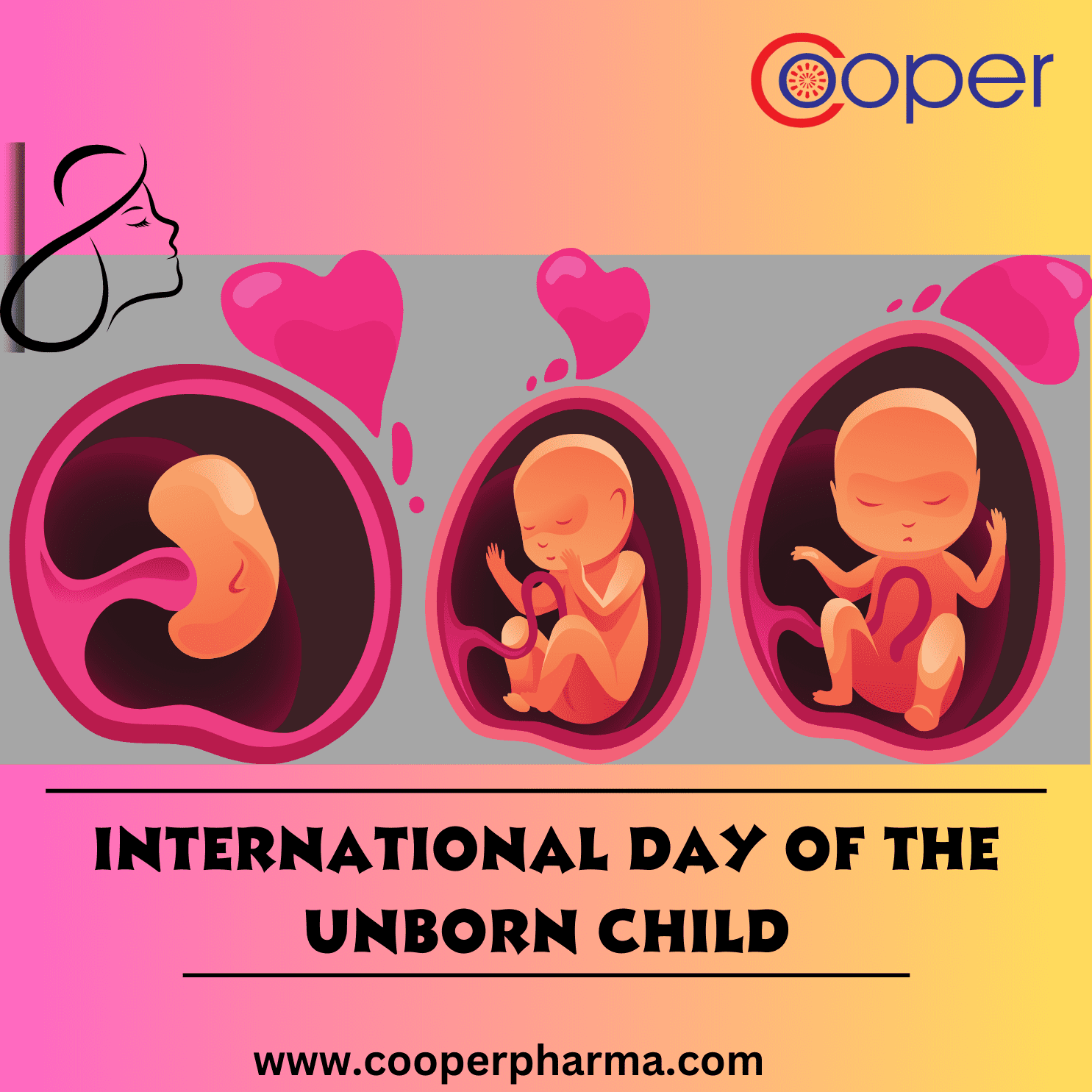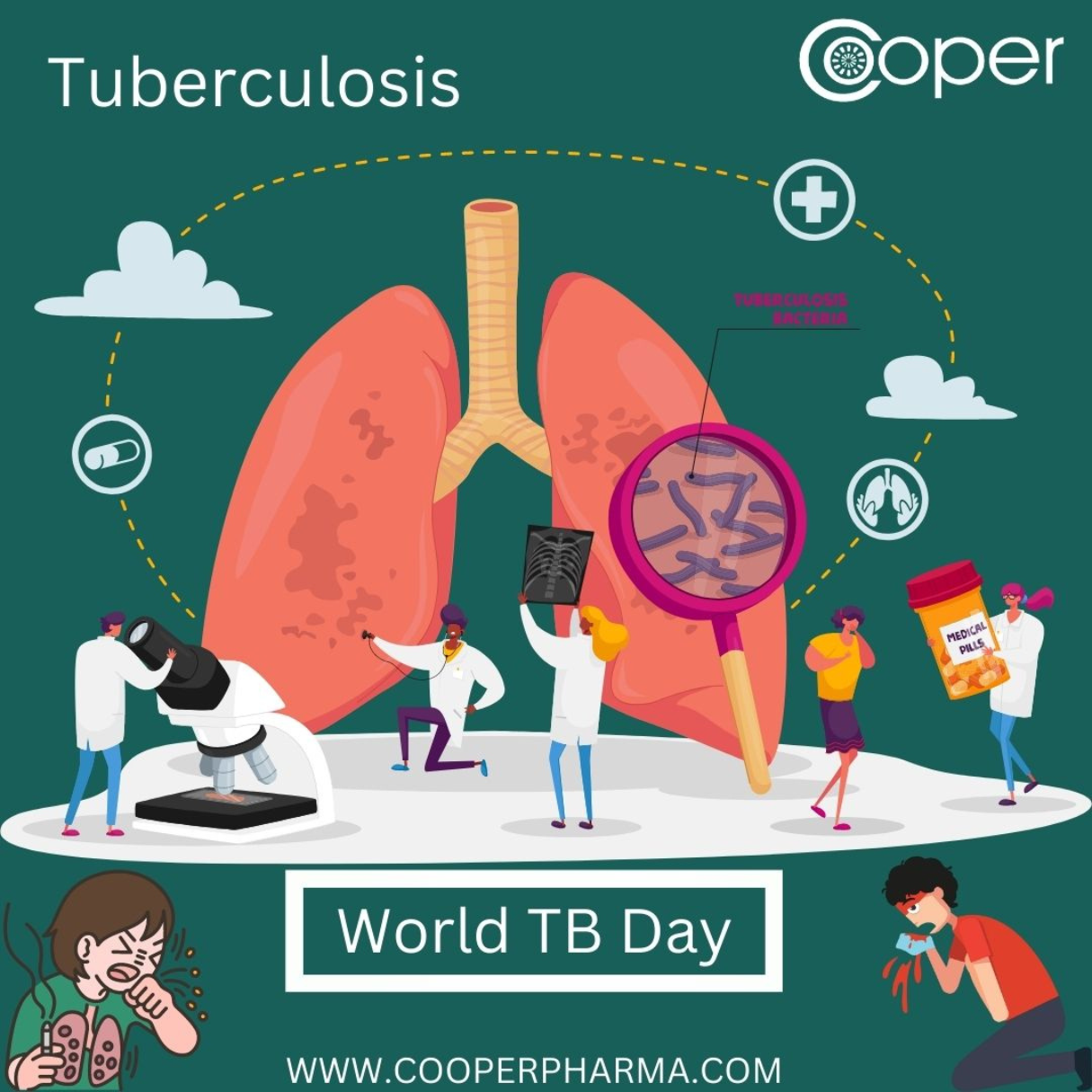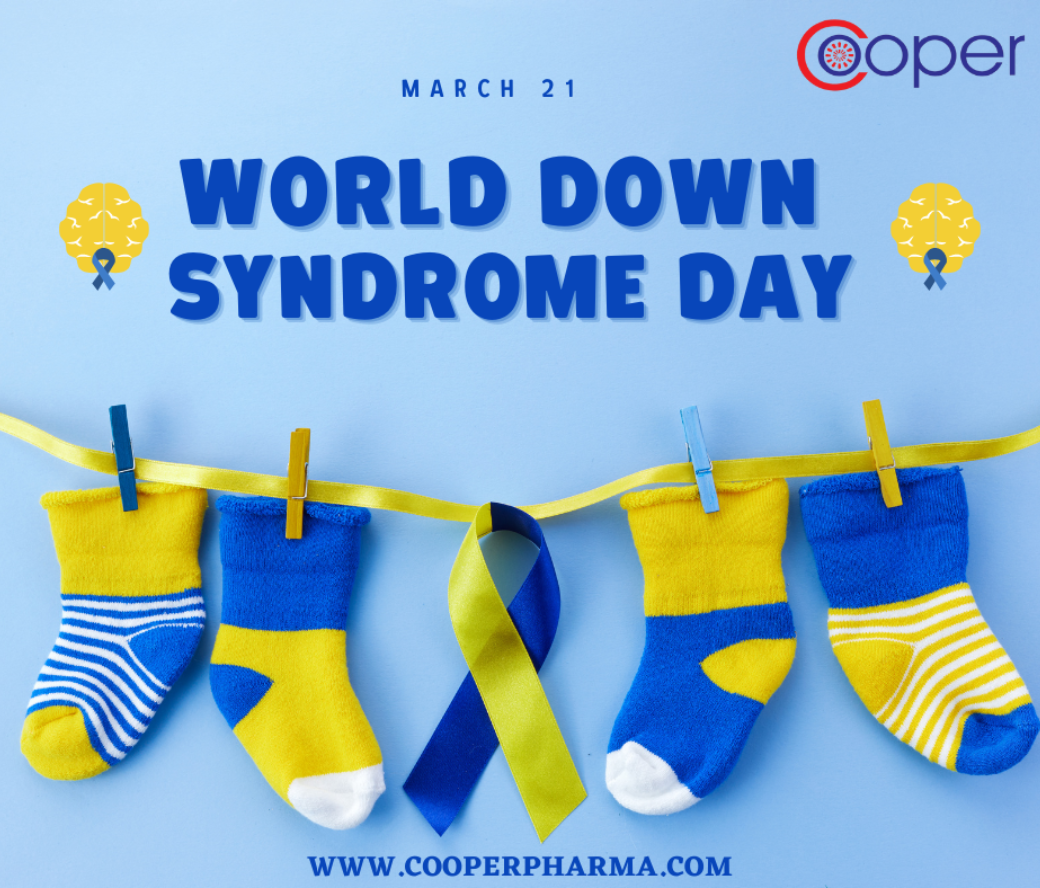When Should Doctors Treat Short Children and Teens with Growth Hormone?
Recent Blog
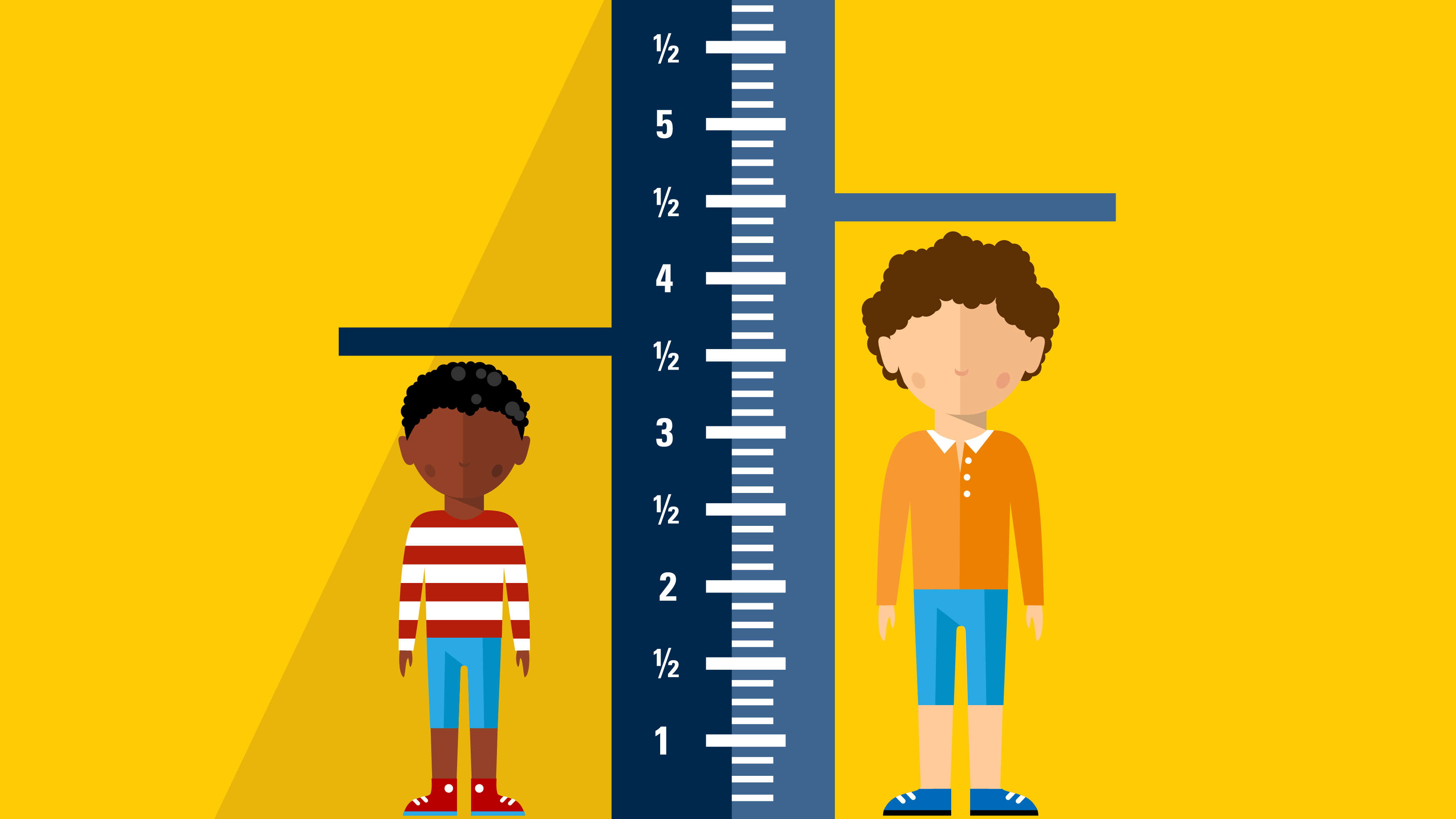
When Should Doctors Treat Short Children and Teens with Growth Hormone?
Date:- 2018-09-04 00:00:00
The question that becomes controversial and made a fierce debate over the safety measures enhancing kids and teen’s height under the recommendation of a doctor that growth hormone is approved for use in healthy but unusually short children.
Growth hormone therapy is increasingly being used to treat youths who are not deficient in growth hormone but they have not been able to reach up to the level where they might actually have in terms of growth and this leads to short stature. It has become a complicated concern nowadays. Short stature is not a disease, although it may result from underlying disease and diagnosis might be problematic and treatment decisions make it controversial. They receive expensive injections of recombinant growth hormone. Taking medicines would lead to long-term risks and side-effects.
Doctors also treating short kids with growth hormone and often increase their doses if the kids didn’t grow after a year of treatment. A protein produced by the pituitary gland should be treated if the kids are deficient of growth hormone. But if the kids who have the normal level of growth hormone but are still in the short stature.
Some doctors treating short kids with growth hormone by their own attitude as data suggests a new study. Doctors especially show their interests and have strong feelings to do research on how being short a kid is. This condition might occur for very short boys.
Some researchers say these kids should be treated, if only for the chance to avoid the teasing and embarrassment that often comes with being the shortest kid in school; others argue that doctors could be unnecessarily putting kids at risk by treating them - and say that short kids generally turn out okay anyway. Treatment with growth hormone costs about $22,000 a year, which might or might not be covered by insurance.
Medical experts tried to solve and assemble evidence and issued a new set of clinical guidelines for managing children and adolescents with growth failure. Pediatric Endocrine Society first updated in 2003 for children with certain diagnosed medical conditions, the experts recommend hormonal treatments. When the cause of growth failure is unknown, they advise against routine growth hormone use and recommend a more decision-making approach. They focused on three diagnoses: growth hormone deficiency (GHD), primary IGF-I deficiency (PIGFD) and idiopathic short stature (ISS). In GHD, a child does not produce enough growth hormone, and doctors recommend the standard treatment with recombinant growth hormone.
Human growth hormone normally acts along a signalling pathway that stimulates the production of IGF-I growth factor, which then affects body tissues such as the growth plates in bones. Therefore, growth hormone deficiency often causes IGF deficiency downstream. Because under-nutrition is a common cause of low IGF-I levels, physicians must first rule out a nutritional problem before diagnosing IGF deficiency. Growth hormone treatment for patients with growth hormone deficiency offers health benefits beyond height but growth hormone treatment for ISS is solely about height. Another important difference is that, unlike patients with growth hormone deficiency, not all patients with ISS increase their height in response to growth hormone treatment. So a decision for treating ISS is more of a subjective judgment call than for growth hormone deficiency.
Thousands of children who are not able to grow and develop by a deficiency of growth hormone, daily injection of this biologically synthesized growth stimulant can put them, on track toward normality. Genetically declined short children can gain one and a half to four inches in final height, depending on treatment is given. Thus, a boy who would otherwise top out at 5 feet 3 could conceivably reach 5 feet 7 through hormone therapy began at an early age, well before puberty.
Different hypothetical kids who were very short but didn't have a deficiency in growth hormone or another clear medical condition. For each case, they presented doctors with factors including a kid's gender, current height, projected adult height, and whether or not the family wanted growth hormone treatment. Doctors were asked if they would start that kid on growth hormone. Then, the researchers gave the doctors more options: one year later, here's how much that kid grew, and here's how the family now feels about growth hormone. When deciding whether or not to start a child on growth hormone, doctors generally answered in line with current FDA guidelines. But when it came to kids who barely grew after a year on growth hormone, many rejected conventional recommendations, which say treatment should be stopped if a kid grows less than 2 centimetres a year.
When the doctors were presented with a case of a kid who grew 1 cm in a year on growth hormone, 60 percent of them recommended upping the dose, 14 percent thought it should be kept the same, and 26 percent voted for stopping treatment. Doctors were more likely to keep kids on growth hormone when the kids had been shorter to begin with, when families still wanted treatment, and when they themselves believed that being very short takes an emotional toll on kids. More than 1 in 4 of the doctors also responded that growth hormone has a positive impact on very short kids, even if it ends up having no major effect on their adult heights.
Although treatment of hormonally normal children is still highly controversial, therapy is clearly indicated for those with a diagnosed deficiency in growth hormone, which has health benefits beyond height stimulation.

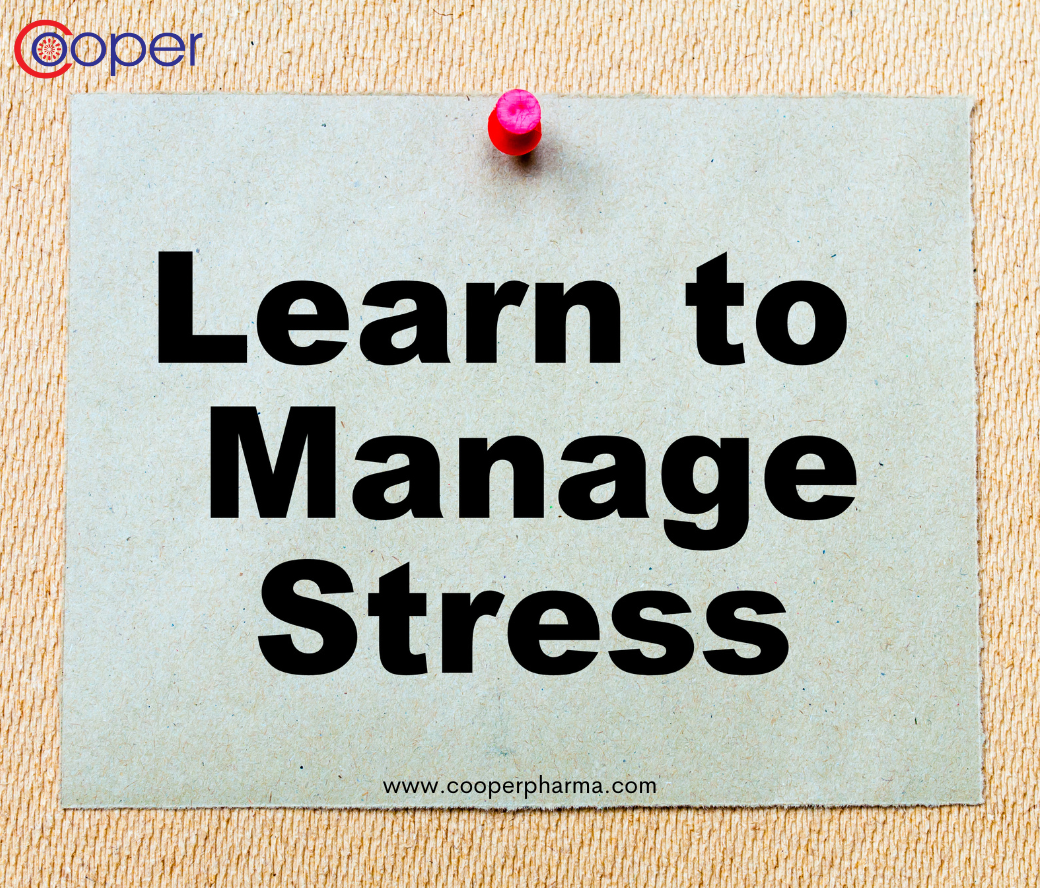
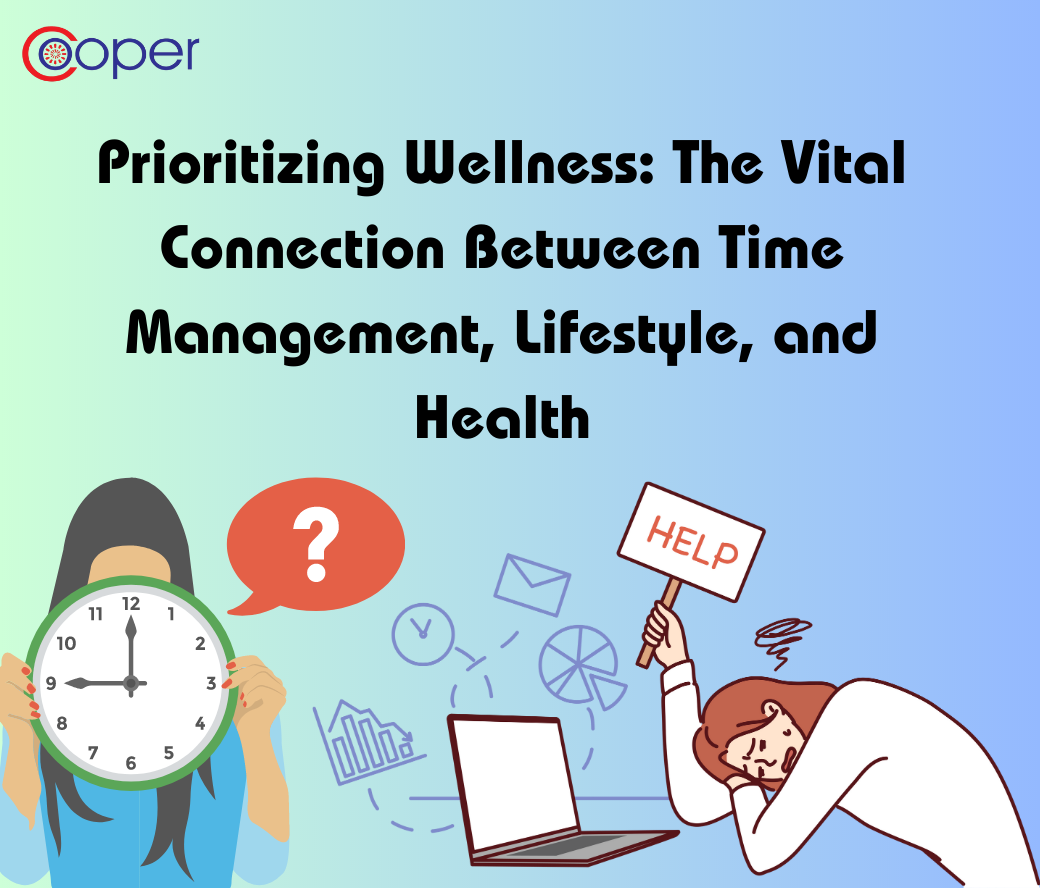
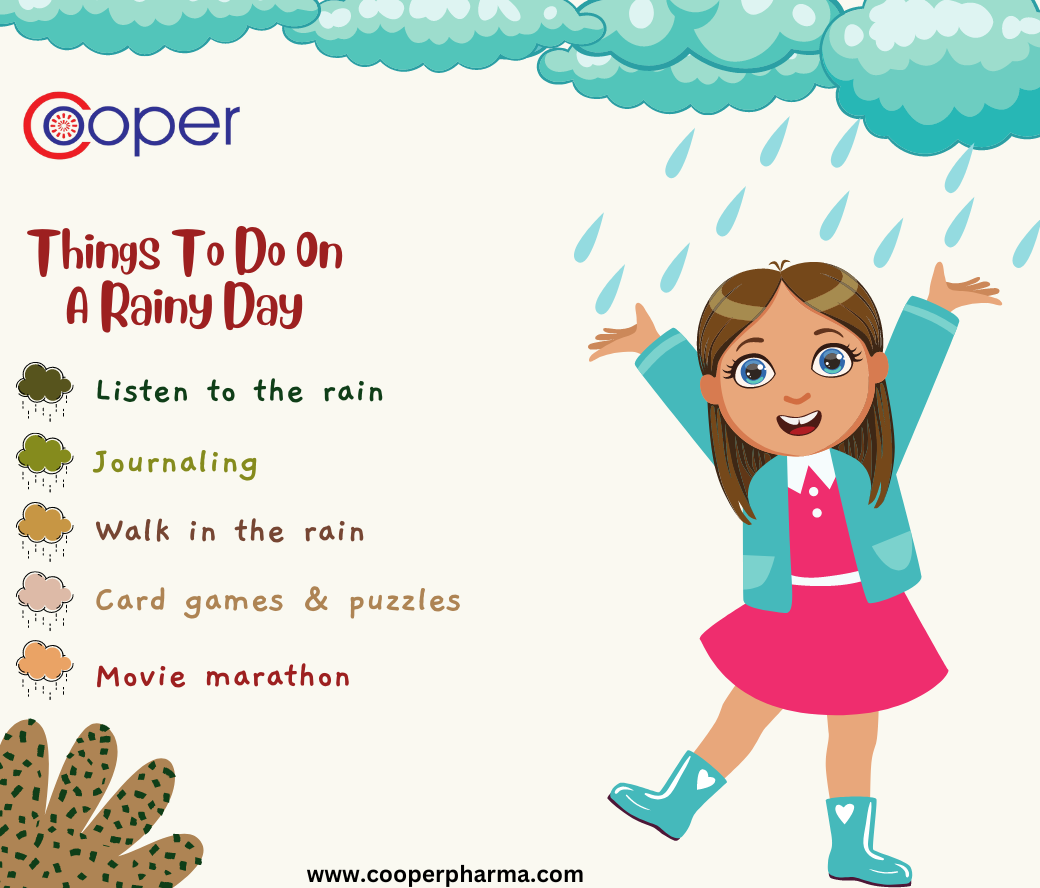
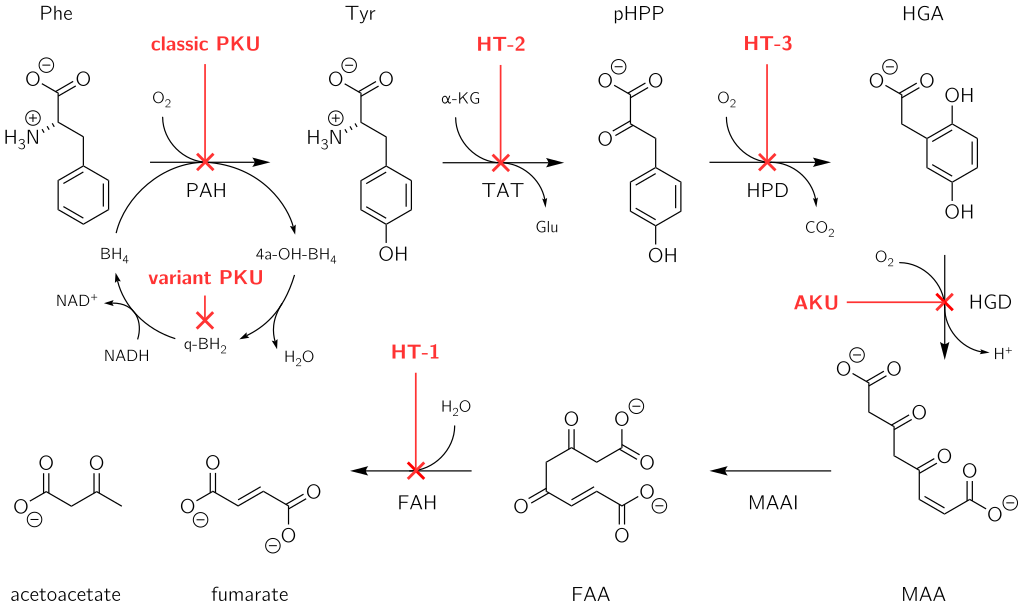

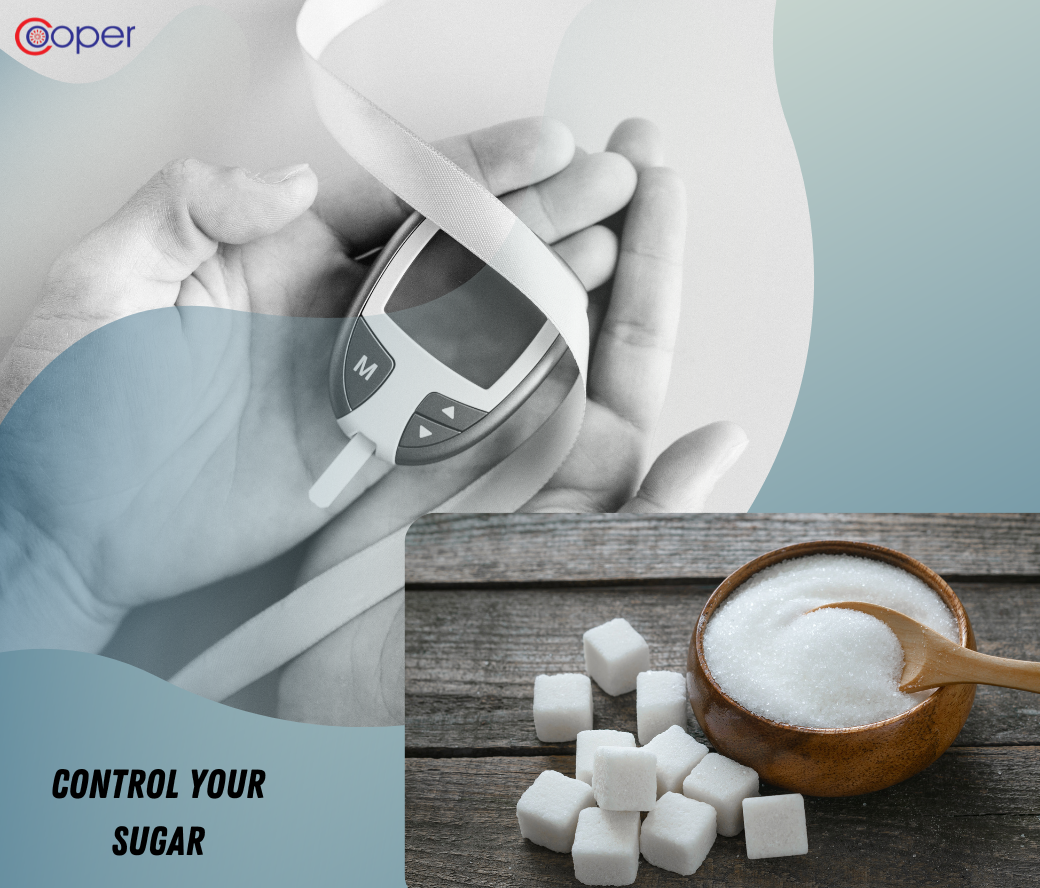


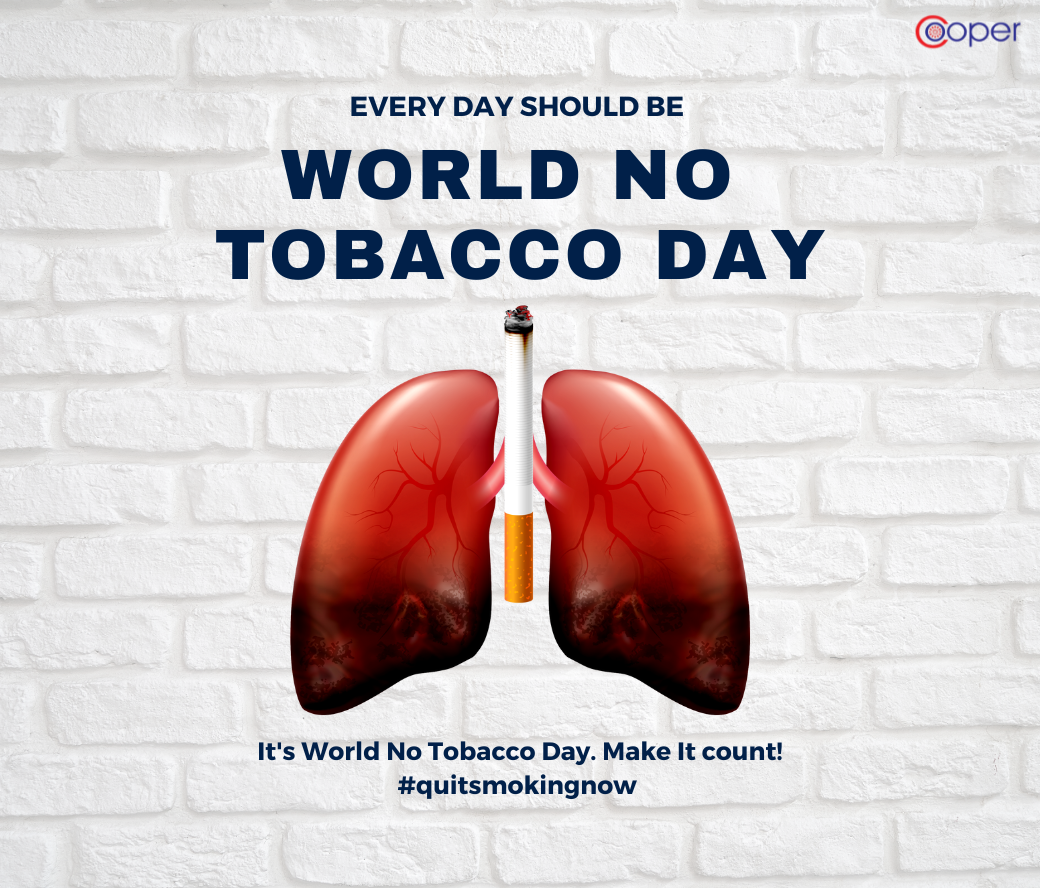

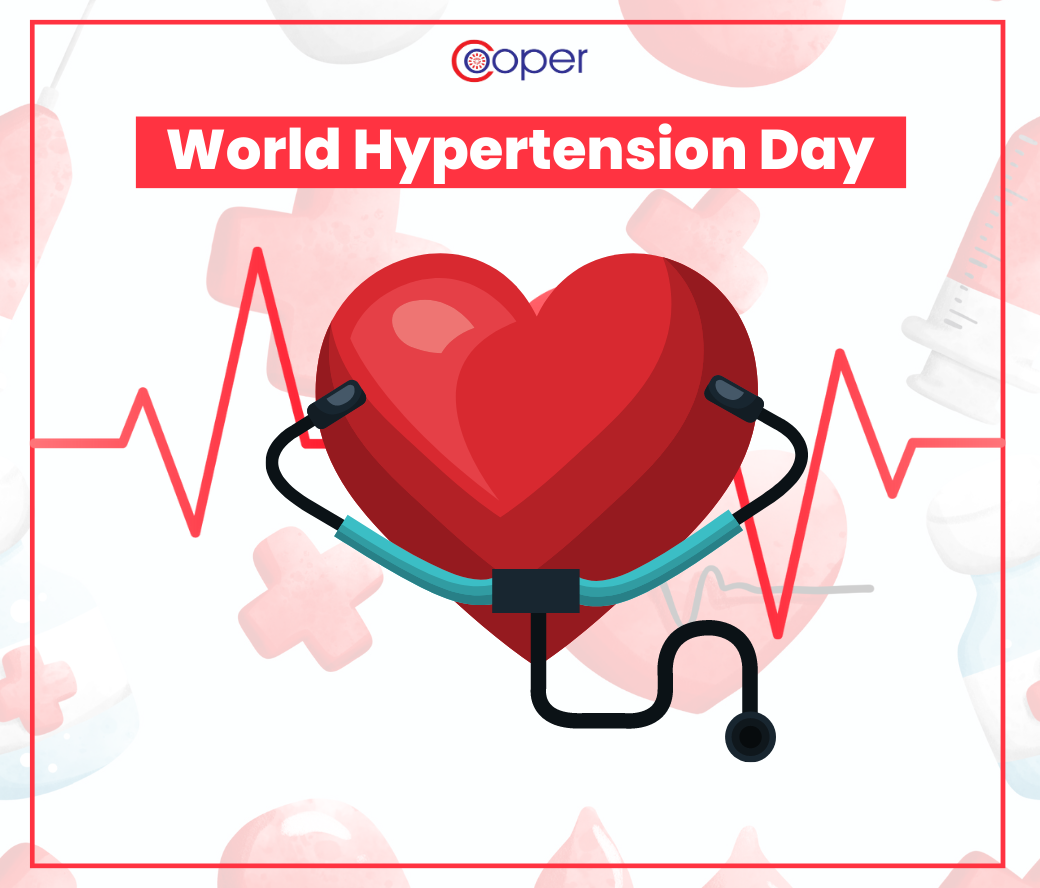
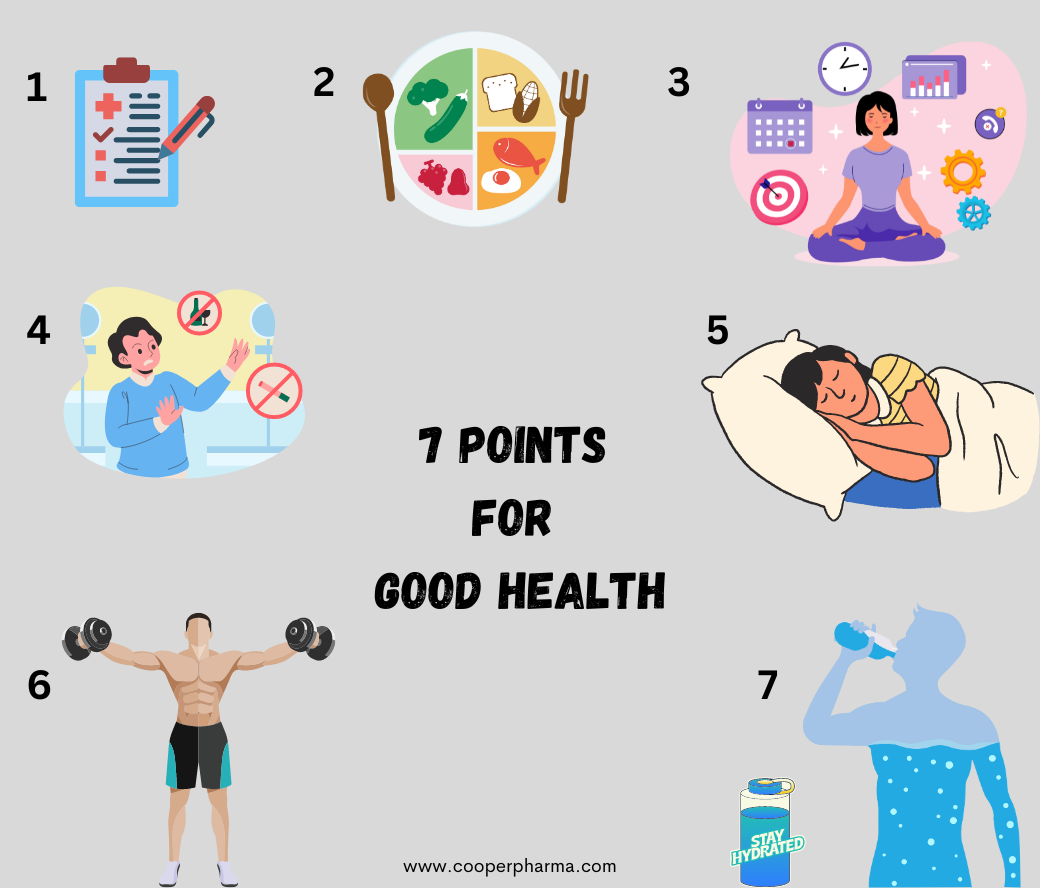

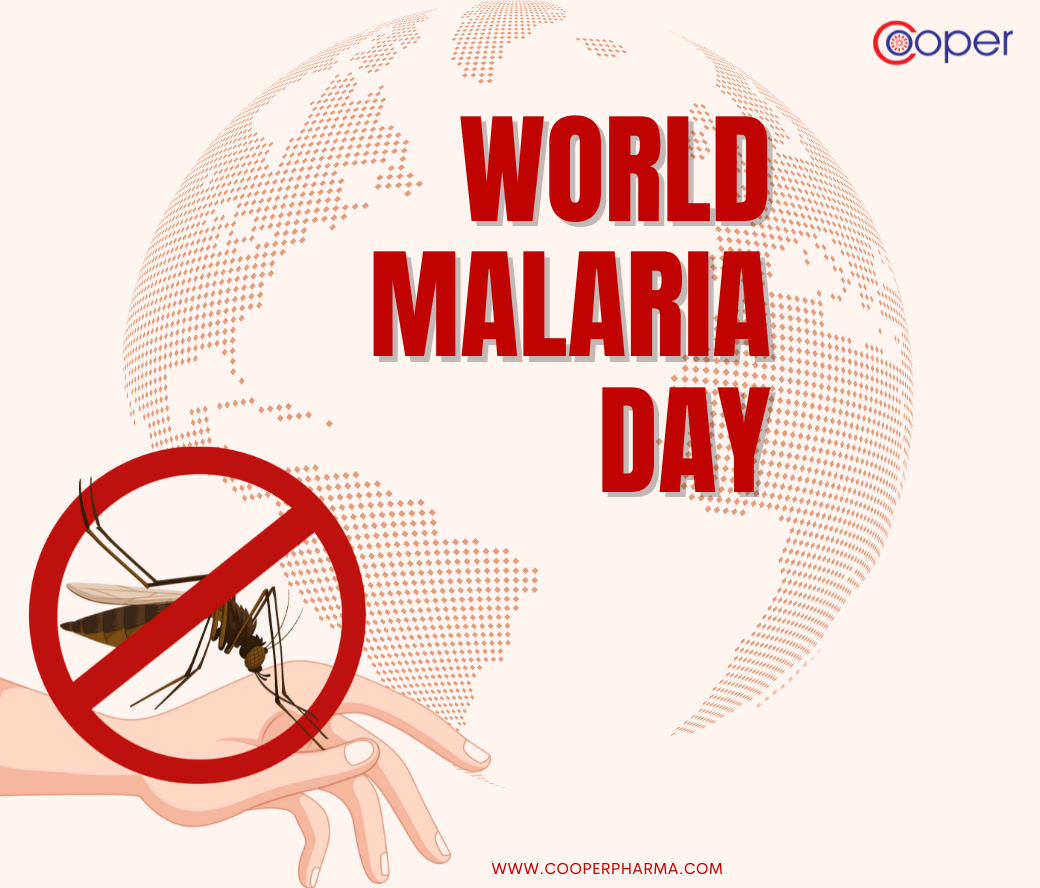




.png)
